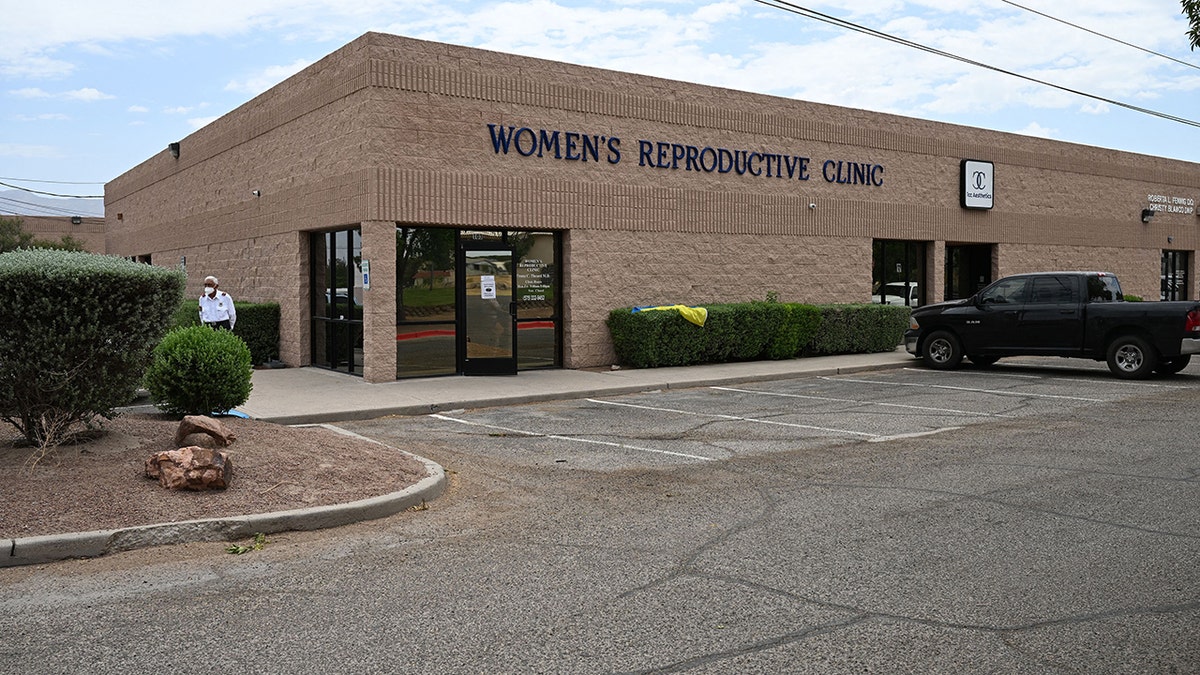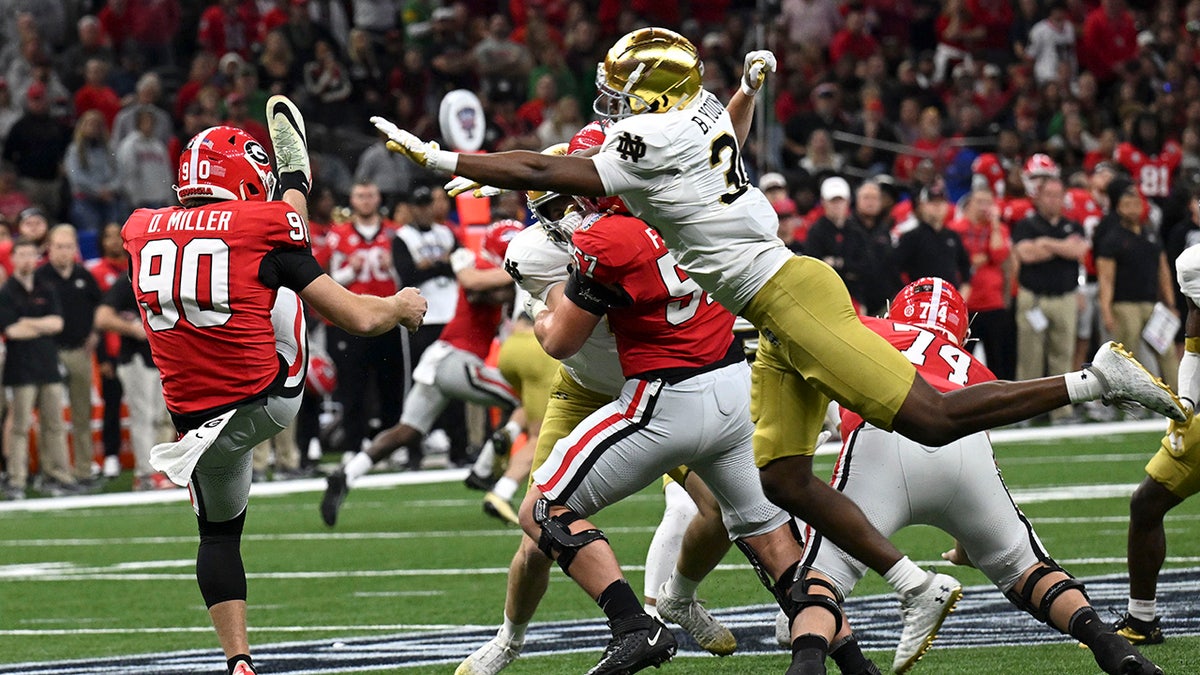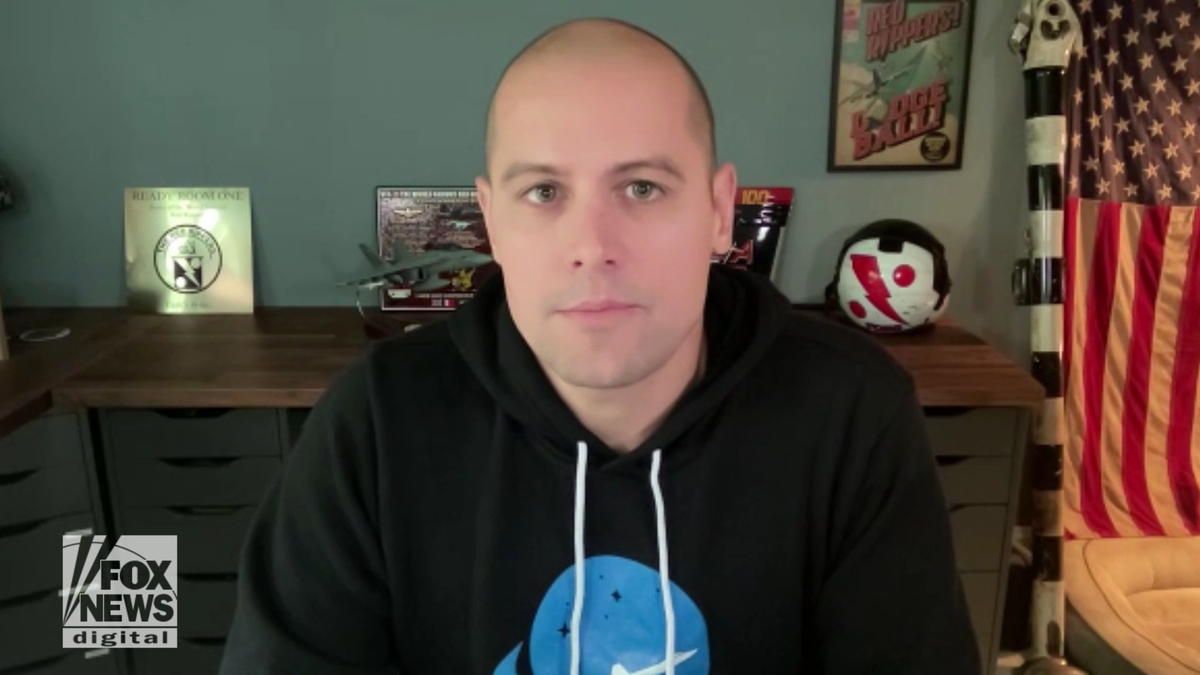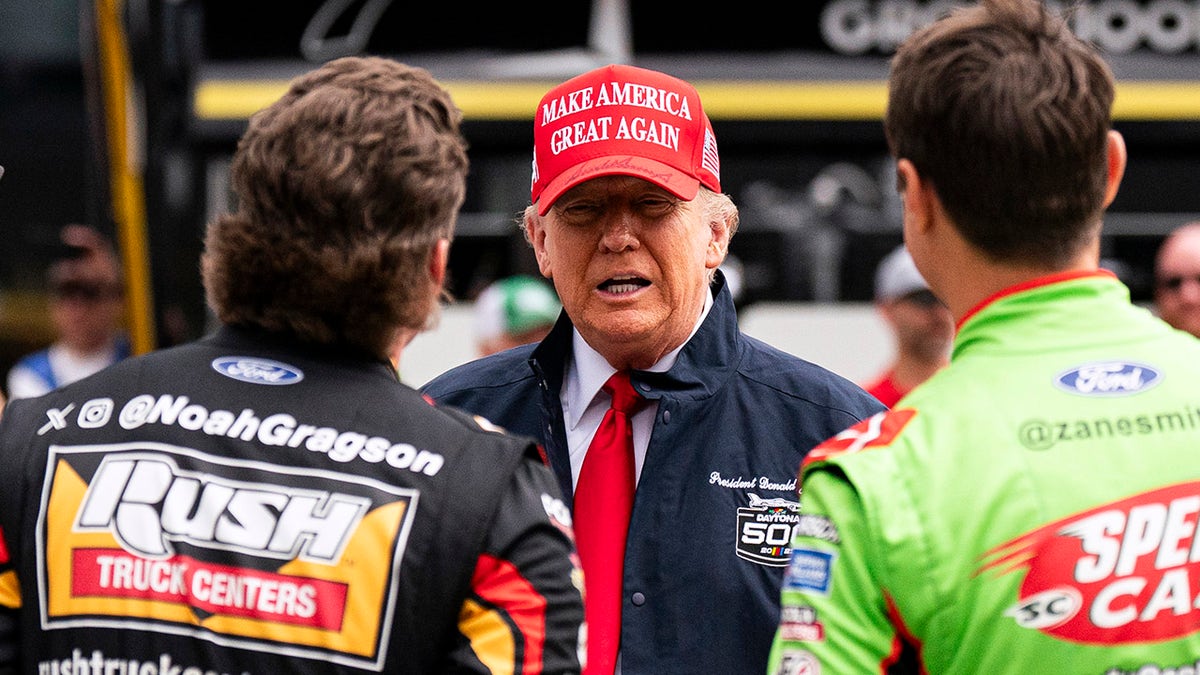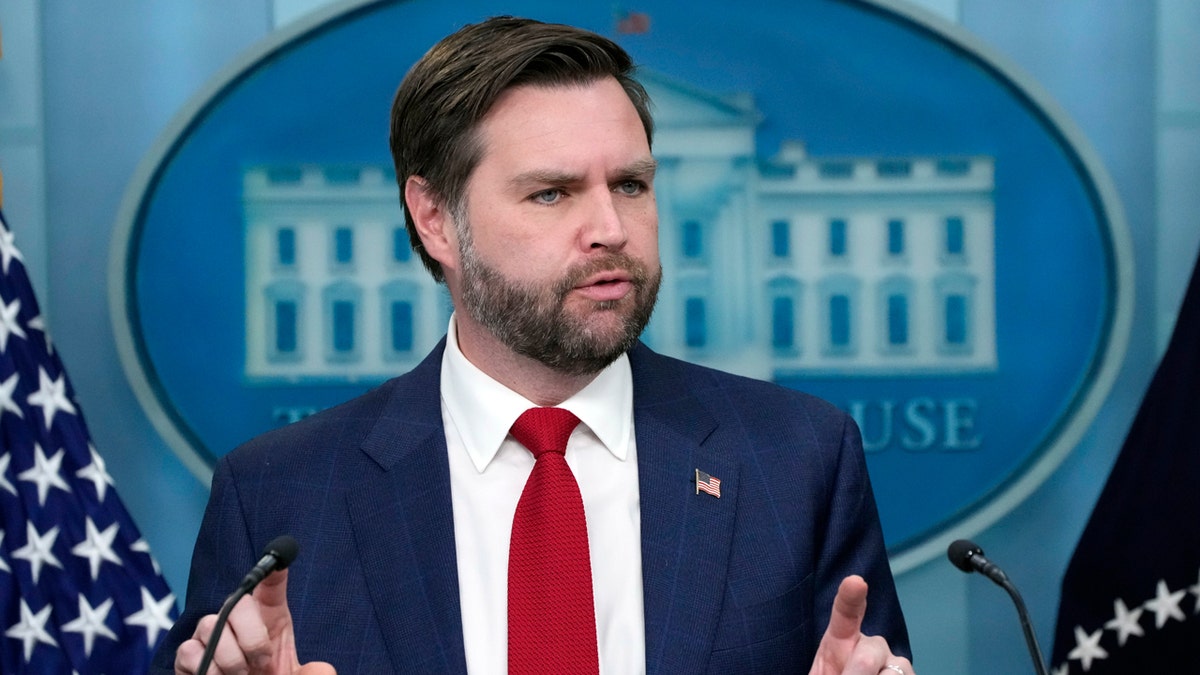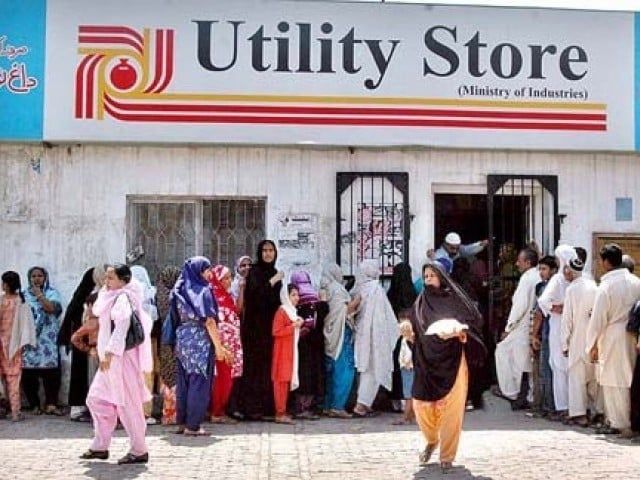Former President Trump's commitment to reducing the federal government is facing significant pushback from what some describe as the "DC uniparty." His efforts to eliminate waste, fraud, and abuse within agencies like USAID and the Treasury Department have been met with legal challenges from activist judges, raising concerns about the separation of powers and the extent of executive authority.
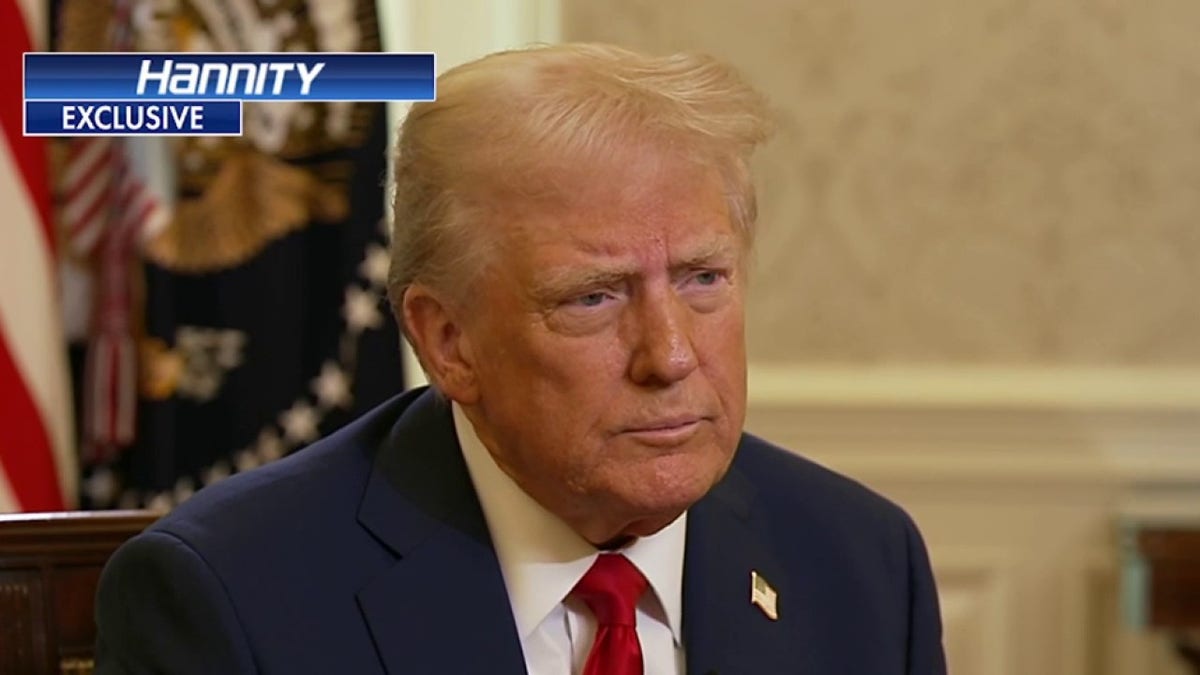
Former President Donald Trump (Fox News / Hannity)
Secretary of State Marco Rubio's decision to place thousands of USAID employees on administrative leave and recall others from overseas assignments was challenged by Judge Carl Nichols. The judge cited potential security risks for employees abroad losing access to USAID email accounts. However, this rationale seems weak, as these individuals would still receive critical information through State Department channels. Furthermore, the judge's order also applied to stateside USAID employees, rendering the security argument even less convincing. Judge Nichols also argued that recalling employees on short notice could cause undue hardship, particularly for families with children in school abroad. This reasoning appears inconsistent with the frequent reassignments of military personnel overseas.
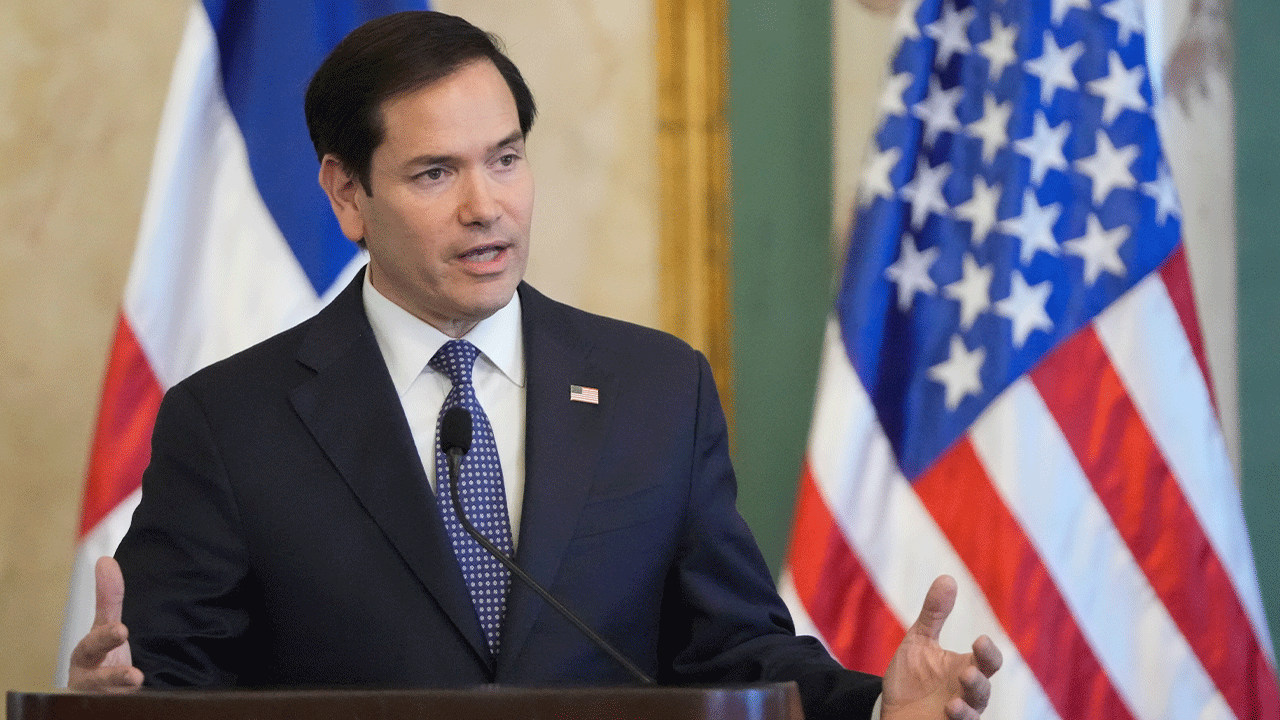
U.S. Secretary of State Marco Rubio (AP Photo/Mark Schiefelbein, Pool)
In another case, Judge Paul Engelmayer restricted political appointees, including Treasury Secretary Scott Bessent, from accessing Treasury Department records. This unprecedented move effectively prevented the executive branch from overseeing the department's operations. This decision raises serious questions about the balance of power between the judiciary and the executive branch.
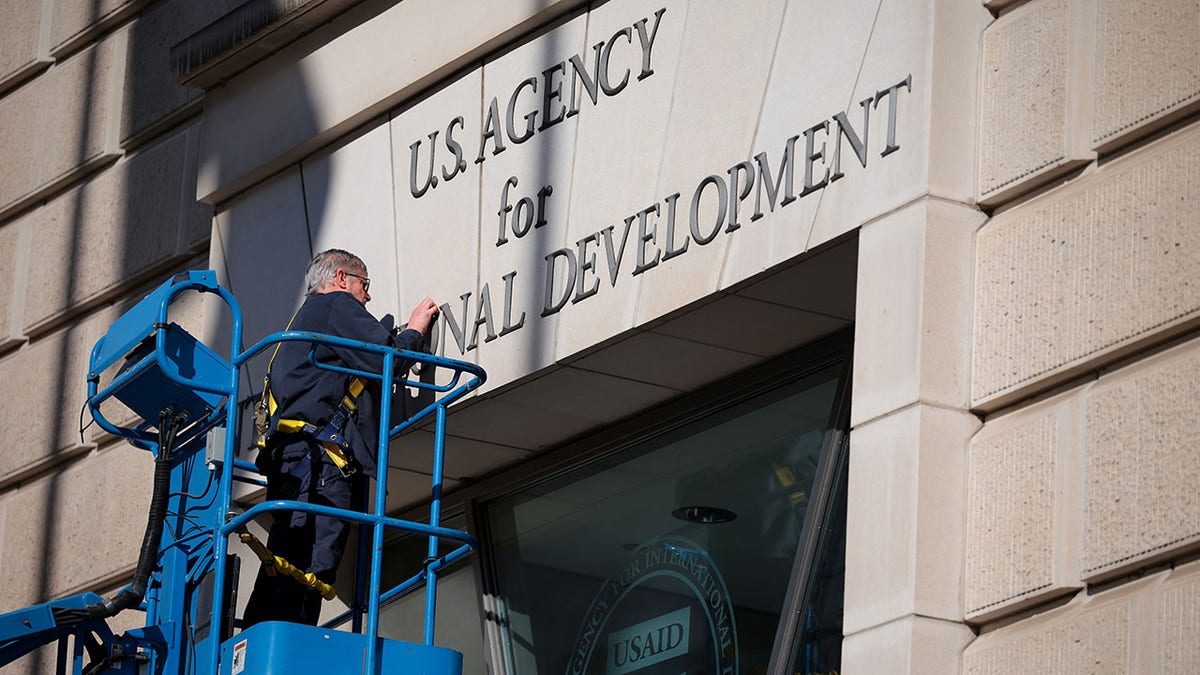
Former USAID Headquarters (Kayla Bartkowski/Getty Images)
While employees and contractors have established legal avenues to address wrongful termination or breach of contract, these recent judicial interventions represent an overreach of authority. If these rulings are upheld, they could significantly impede the president's ability to manage the executive branch. The Supreme Court may need to intervene to clarify the limits of judicial power and reaffirm the president's constitutional authority.
The situation has drawn comparisons to past attempts to undermine the Supreme Court's authority, highlighting the ongoing tension between the different branches of government. Some argue that Congress may need to exercise its budgetary power to curb the overreach of activist judges. The Supreme Court's response to these challenges will be crucial in determining the future balance of power within the American government.

